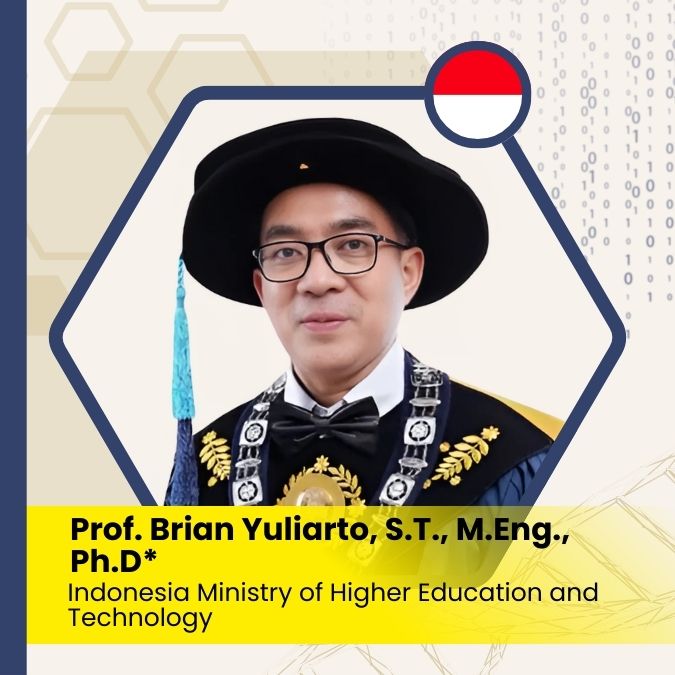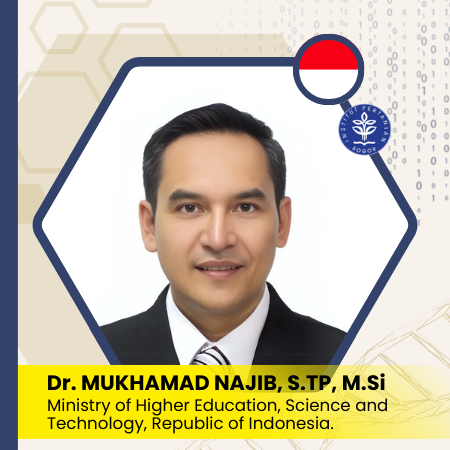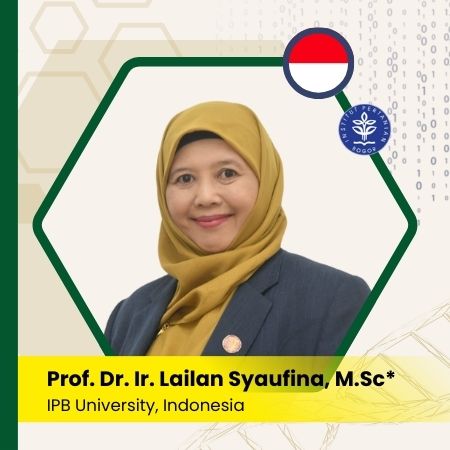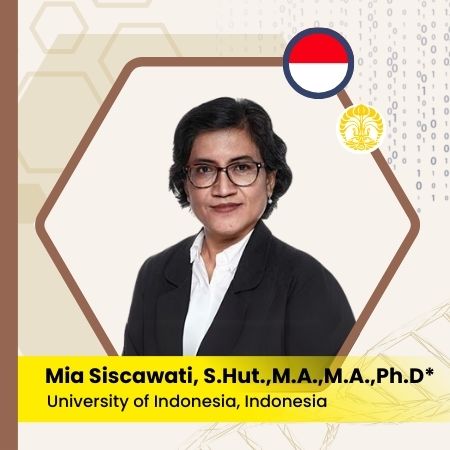Integrating Engineering Education and Digital Innovation for Sustainable Maritime and Port Management
Abstract
This research explores how engineering science and vocational education contribute to the advancement of digitalization and sustainable port management in the maritime sector. The study focuses on the experiential insights of three key stakeholder groups—maritime professionals, lecturers, and graduates—who are actively engaged in marine engineering, environmental sustainability, and digital maritime systems. The primary objective was to examine how these stakeholders integrate engineering knowledge with sustainability-oriented innovation and technological adaptation in both educational and industrial contexts. Using a qualitative descriptive method, data were collected through in-depth interviews and analyzed thematically across two core indicators: integration of engineering science with vocational pedagogy, and experiential insight from stakeholders. Key themes included digital readiness, innovation adoption, sustainability implementation, and curriculum relevance. The results revealed consistently high levels of effectiveness, with participants demonstrating strong digital competencies, practical engagement with sustainable practices, and alignment between educational outcomes and industry needs. This study concludes that meaningful integration of engineering, sustainability, and digital innovation is not only underway but offers strategic value for enhancing port management and marine education. The findings suggest a scalable model for fostering technological leadership and ecological responsibility in the maritime domain.






























